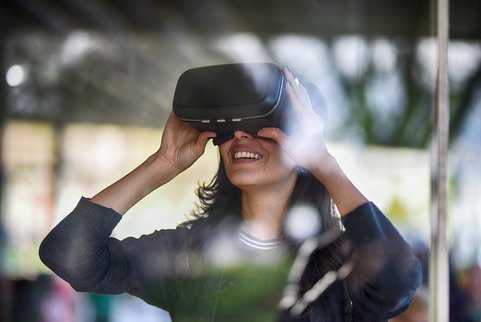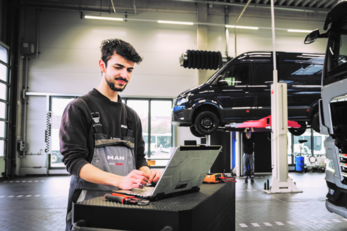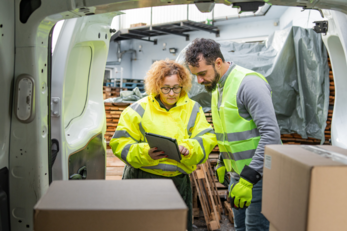Working in an increasingly technological world
8 minutes04/08/2021
By Davide Scotti
There is no doubt that the pandemic has increased the pace of digitalization. Just think of the huge number of software solutions, apps and other digital tools that have arisen to help us handle this unprecedented situation. They are increasingly becoming a major part of our everyday lives, both at work and in private. Of course, we have seen plenty of technological developments in the past, but this was often a more gradual process. We could see it coming, analyze it, welcome it. Today, this is no longer the case. In our hyper-connected world, technological growth is exponential, and things move so fast that it is difficult to predict what direction they will take and adjust our approach accordingly.
What was once considered science fiction has become modern reality: collaborative robotics, artificial intelligence, the Internet of Things, autonomous vehicles, bionics, virtual and augmented reality, wearable technology, Big Data, 3D and 4D printing, the list goes on. All these innovations reinforce each other and are creating an unstoppable tide of change. And with it comes a multitude of questions that are difficult to answer.





